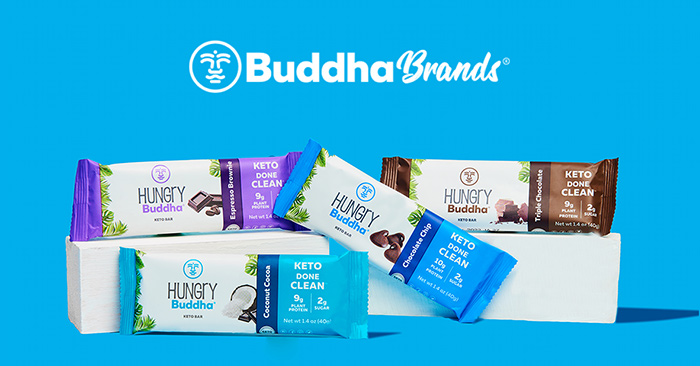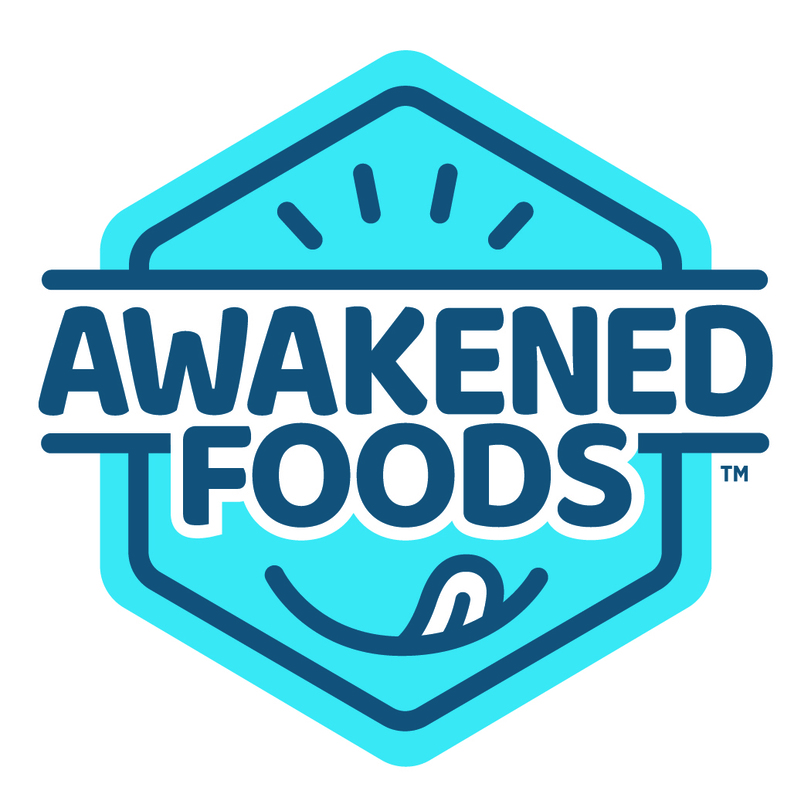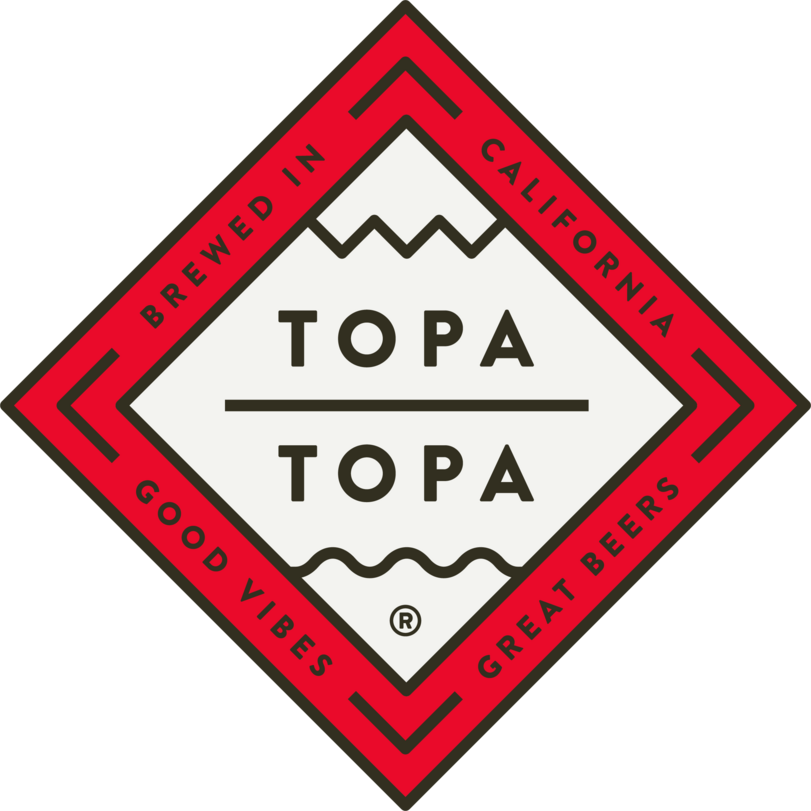Snack Bar Maker Buddha Brands Raises $3 Million After US Launch

Montreal-based food and beverage maker Buddha Brands has raised $3 million from a funding round led by capital investment corporations BDC Capital and Investissement Quebec, the company announced Tuesday, July 7. The capital will help to fuel further expansion into the U.S. market, as the brand pivots its American business away from beverages to focus on nutritional bars.
This round represents the first outside capital for Buddha Brands, which has to date been self-funded by co-founders Chris Magnone, Mark Cigos and Michael Magnone.
According to Magnone, also the company’s CEO, Buddha was halfway through the funding process when it was put on pause due to the pandemic hit. Still, he said, the company remained committed to launching its new product line, introducing Hungry Buddha Keto Bars nationwide in May 2020 in four SKUs: Chocolate Chip, Coconut Cocoa, Espresso Brownie and Triple Chocolate.
With a new normal on the horizon, Magnone said the company is now planning to use a portion of the funding to support marketing and sales with the aim of further growing the brand across the United States and investing in new hires, consumer-facing marketing campaigns and trade spending. Additionally, the company plans to hire for new roles on its research and product development teams, with the goal of launching additional lines in 2022.
“We have a number of categories we have been working on R&D with over the past six months,” said Magnone. “It has been a bit of a challenge with COVID, but we have plans to expand upon our success when the time is right.”
Despite limitations to in-store sampling and other traditional means of product discovery over the past year, Buddha’s bars have performed admirably, Magnone said. The line is currently sold in retailers such as Sprouts, H-E-B, Wegmans, Meijer and Costco in addition to over 1,500 natural and independent grocers nationwide.
Still, it hasn’t been easy, Magnone said, joking that some might say Buddha had picked “the worst category to innovate into,” with snack bar sales declining 40% in 2020 (according to SPINS) as a result of the Covid-19 pandemic. Yet he voiced confidence in the product’s success so far, noting snack bars with keto and plant-based attributes significantly outpaced the category by 20-50% (according to SPINS).
“We have been really dialed into what’s going on in the U.S. and pushing on the pedal when we could and then easing back when we felt we needed to,” said Magnone. “Since April we have seen a significant return to the [snack bar] category and we are confident that category will exponentially rebound as life returns to whatever that new normal way may be.”
However, that “new normal” will not include Buddha Brands’ line of coconut waters, which launched in the U.S. in 2016. The drinks had been “loosely distributed,” Magnone said, up until the pandemic hit but were pulled from shelves shortly afterwards, with Magnone noting that the overly saturated U.S. coconut water market made entry into that category “a bit of a dogfight.” Logistical distribution issues also complicated matters, and helped spur Buddha Brands to rethink its approach.
“[The pandemic] gave us an opportunity to take a step back, really clean up the business and streamline it,” said Magnone. “That is why we put a lot more effort behind the bars in the US and our bars and beverages in Canada. It is no different than what the big CPG companies do when they have different products in different countries – they focus their efforts accordingly.”
The new focus has filtered down to how Buddha releases new products, Magnone said, with the company first testing products in smaller markets to show proof of concept before going wide with releases. The bars were rolled out in Canada, for example, before sold into U.S. retailers. He added that while innovation is of interest, the company also plans to remain focused on its current product lineup before expanding. All new products will be expected to hold to existing brand attributes of being plant-based, low sugar and using clean ingredients.
“As entrepreneurs, we are always ready to jump to the next shiny object, category or product we want to create,” Magnone said. “[But] there is so much opportunity in being ultra-successful in what you are already doing.”


















